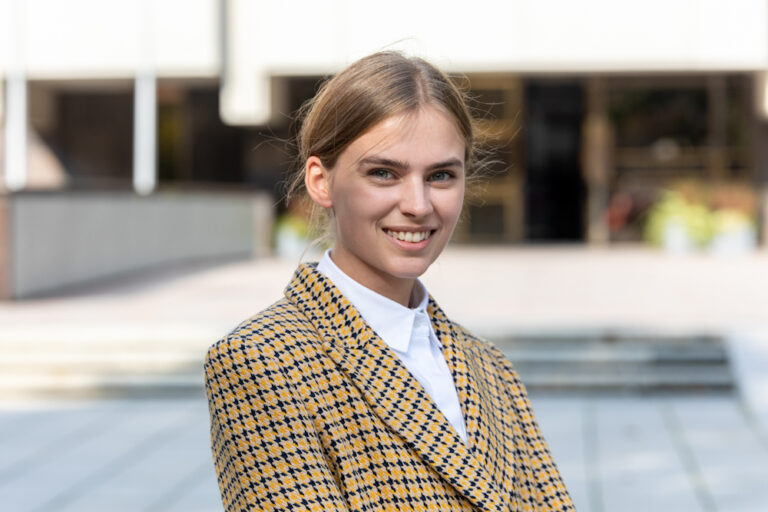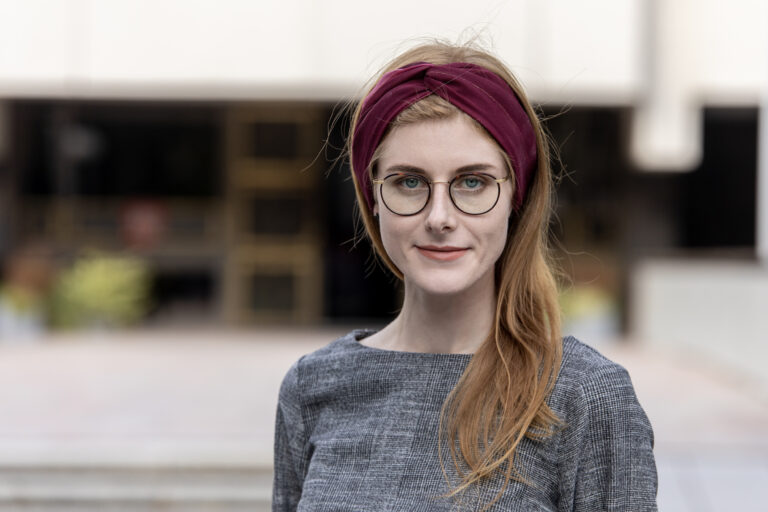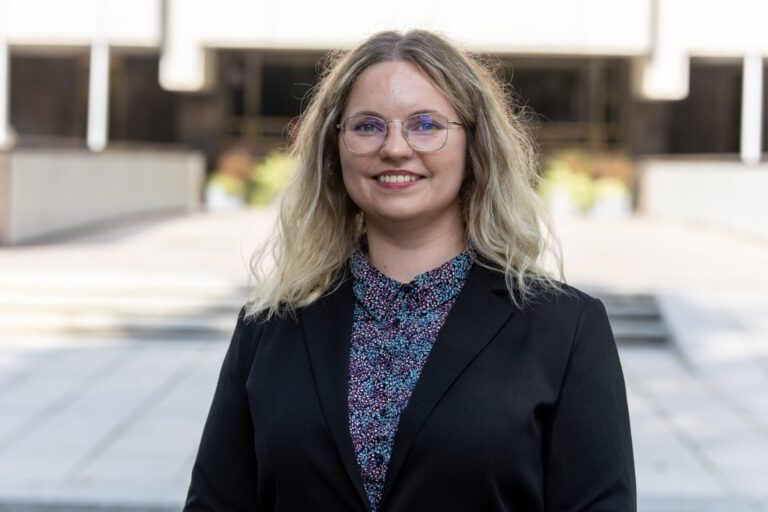Kurkime modernią Lietuvos ateitį kartu
RegistruotisMinistry of Culture of the Republic of of Lithuania
ArtTech – Opportunities for Lithuania’s Cultural and Creative Industries
Problem
Digital transformation is an intrinsic part of our lives in the 21st century changing both private and public sectors. It is transforming law (LegalTech), finance (FinTech), energy (CleanTech), education (EdTech), the public sector (GovTech) and promoting public engagement in democratic processes (CivicTech). However, alongside Industry 4.0 and 5.0, the emergence and rapid development of new technologies such as artificial intelligence, augmented and virtual reality, and blockchain, there is a growing demand for digital transformation in other areas too. In this case – the cultural and creative industries (CCI).
Challenges posed by the global pandemic have prompted cultural sectors around the world to embrace technologies, find new ways to disseminate art and culture as well as attract new audiences. A new generation of creators embrace and actively pursue the use of digital tools and platforms in the cultural field. In fact, one of the future scenarios for CCI is platforms and multiverses, where the definition of art is broadened, where the geographical and cultural boundaries disappear.
The use of new technologies in the creative process also makes it possible to dissolve the boundaries between different art forms. There is an increasing number of creators embracing entirely new or hybrid forms of expression, challenging the traditional art canon of belonging to a single art form (e.g. visual arts, music, performing arts) (2020). Technologies such as blockchain have the potential in the field of intellectual property (IP) protection to promote transparency, liquidity all while opening up the art market to innovators seeking effective commercialisation of their creations and inventions (2022). The active use of these technologies, as well as artificial intelligence, augmented and virtual reality, metaverse in the CCI sector, creates opportunities for the dissemination of culture and the development of digital cultural diplomacy (2022).
These trends inevitably lead us to consider the importance, opportunities and risks of digital transformation in the CCI sector, which we can call ArtTech.
ArtTech is a rapidly evolving ecosystem of innovation in the cultural and creative industries sector, where creators, cultural and arts organisations, start-ups, small and medium-sized enterprises develop innovative, usually technologies based solutions for the challenges of cultural sector or integrate technologies into creative processes.
Unfortunately, the untapped potential of Industry 4.0 and 5.0 technologies in the cultural sector in Lithuania does not ensure the potential of CCI to create a high value-added economy and be competitive on the international market. There are several main reasons for this problem. Firstly, necessary capacities for CCI to develop high added value and competitive products and social services are not provided (KM 2021). Lithuania is only 18th out of 27 EU Member States in terms of the level of development of its innovation ecosystem, although the target was to be 15th by 2020 and 10th by 2030 (“Lietuva 2030“). Secondly, there is a lack of competences and knowledge in the context of digital technologies. According to the European Commission’s 2021 Digital Economy and Society Index (DESI), Lithuania is 14th out of 27 EU Member States. Lithuania has improved its performance, but ranks 17th in the EU in terms of human capital. This shows that basic and advanced digital skills and knowledge are still below the EU average. Skills development in cultural institutions is not systematically implemented and supported (KM 2021). However, solutions to this are foreseen in the Ministry of Economy and Innovation’s State Digitalisation Development Programme for 2021-2030.
Mission (Priority) II of the Implementation Plan for the Provisions of the VIII Government Programme of the Republic of Lithuania is “Culture that transforms the quality of life of individuals and society”. To achieve the objectives of this mission, the project “Social and Overall Empowerment of Culture and Arts” is foreseen, as well as the project action 2.2.7. “to promote the development of innovative, higher value-added products and services in Lithuania and internationally by improving the conditions for cultural ar creative industries.“
In order to improve the conditions for cultural and creative industries – its creativity, monetisation, IP protection, dissemination, – it is necessary to promote the use of new technologies and the development of the necessary competences.
Goal
To enable the emergence of an ArtTech ecosystem in Lithuania based on successful foreign practices and in cooperation with stakeholders. To raise awareness of Industry 4.0 and 5.0 technology opportunities in the public and CCI sector as well as to initiate cooperation with the tech community.
Project progress
2025/04/26
A guide to the ArtTech ecosystem and the latest technology concepts
2025/04/26
Review of creative chain transformations
2025/04/26
Review of best practices in foreign countries
2025/04/26
Presentations at the Storm Festival of the Contemporary City. Who, What, Why, How: understanding how public sector, cultural policy and CCI can leverage Metaverse, Art + Blockchain + Sustainability
2025/04/26
Analysis of the current situation in Lithuania
2025/04/26
ArtTech ecosystem map created
2025/04/26
Recommendations for further development of the ArtTech ecosystem
Project files
Result



